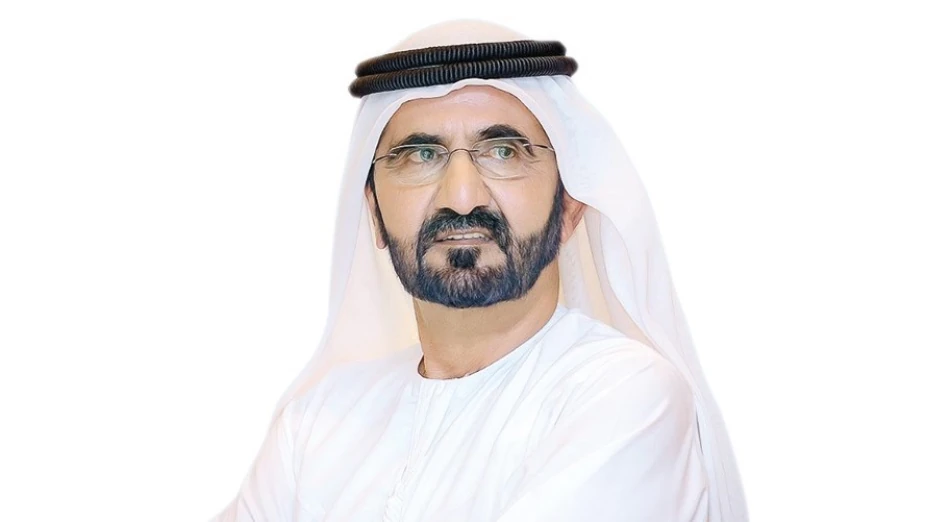
Dubai Leader Highlights UAE's Thriving Global Economic Partnerships
UAE's Non-Oil Trade Surge Signals Economic Diversification Success
The United Arab Emirates has achieved a remarkable 24% growth in non-oil foreign trade during the first half of 2024, dramatically outpacing the global average of just 1.75%. This surge, reaching AED 1.7 trillion ($463 billion), represents a doubling of trade volumes compared to five years ago and underscores the Emirates' successful pivot away from oil dependency toward a diversified, trade-centric economy.
Record-Breaking Performance Across Key Markets
Sheikh Mohammed bin Rashid Al Maktoum, UAE Vice President and Prime Minister, announced the impressive figures, highlighting exceptional growth rates with major trading partners. The most striking surge came from Switzerland, with trade jumping 120% - likely reflecting the UAE's growing role as a precious metals and commodities hub connecting Asian and European markets.
Other significant partnerships showed robust expansion: India at 33%, Turkey at 41%, the United States at 29%, and China at 15%. This diversified growth pattern demonstrates the UAE's strategic positioning as a global trade bridge, connecting East and West through its world-class logistics infrastructure.
Strategic Geographic Advantage
The UAE's performance reflects decades of infrastructure investment and policy reforms designed to transform the nation into a global trading hub. Dubai's Jebel Ali Port, one of the world's largest container ports, and the expansion of logistics capabilities have created a competitive advantage that few regional competitors can match.
Implications for Global Trade Dynamics
While global trade growth remains sluggish at under 2%, the UAE's explosive expansion suggests a fundamental shift in trade routes and partnerships. The country is increasingly capturing market share from traditional trading hubs, particularly in the re-export business that connects Asian manufacturers with Middle Eastern, African, and European consumers.
The Switzerland connection is particularly telling - this likely reflects the UAE's emergence as a key player in gold trading and luxury goods distribution, sectors where Switzerland has traditionally dominated. The 120% surge indicates institutional investors and commodity traders are increasingly routing transactions through Dubai's financial centers.
Diversification Strategy Paying Dividends
The doubling of trade volumes over five years coincides with the UAE's comprehensive economic diversification program, launched as oil prices became increasingly volatile. Unlike neighboring Gulf states still heavily dependent on hydrocarbon revenues, the UAE has successfully built alternative economic pillars in trade, tourism, financial services, and technology.
Market Outlook and Investment Implications
For international businesses and investors, these figures signal the UAE's growing importance as a regional headquarters location. The consistent growth across diverse markets - from emerging economies like India and Turkey to developed markets like the US and Switzerland - suggests the UAE offers unique advantages in market access and operational efficiency.
The logistics and shipping sectors stand to benefit most directly, with increased cargo volumes driving demand for warehousing, transportation, and financial services. Real estate markets in Dubai and Abu Dhabi may also see continued strength as international companies expand their regional operations.
Regional Competition Intensifies
The UAE's success puts pressure on regional competitors like Saudi Arabia and Qatar, both pursuing similar diversification strategies. However, the Emirates' early mover advantage in building trade infrastructure and business-friendly regulations appears to be creating a self-reinforcing cycle of growth that will be difficult for competitors to match in the near term.
Most Viewed News

 Sara Khaled
Sara Khaled






